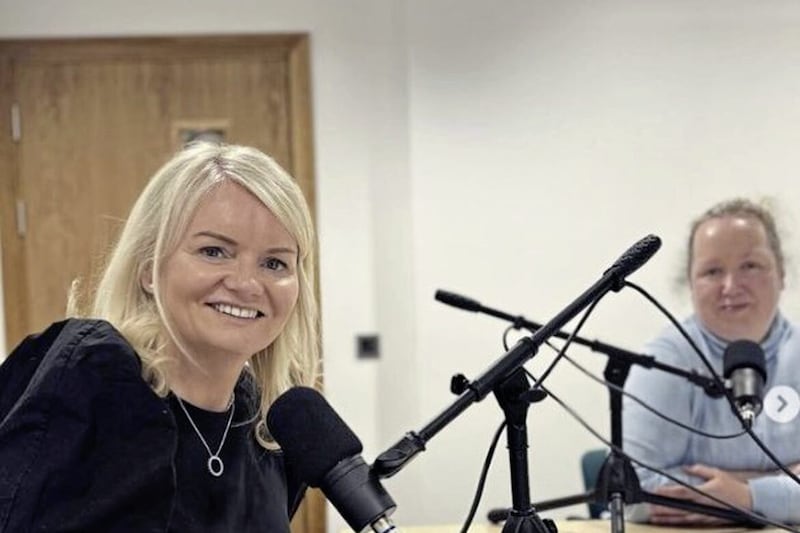IN a recent article regarding us not quite being back in the 1970s I posed the question – ‘what is good work?’
It’s an interesting question – yet it’s somewhat vague and invites thousands of different answers.
So how do you build a forward-looking strategy around good work, given the current economic environment?
In the last two years we have become accustomed to frontline work and critical work and the people and services associated with these terms, but what about those of us doing normal day-to-day work?
The quality of the work we do is vitally important to us as individuals, but also collectively and on a political policy level. Scotland has a Fair Work Convention; Wales has the Fair Work Commission; and in England the Taylor Report has tried to grasp the nettle of “good work” and how to shape policy around it.
But is there a “disconnect” between what we as individual employees see as good work and what the policy makers regard to be good work? The answer is “perhaps”. What is it that makes up good, decent, fair, quality, meaningful work is another question for the policy makers and therein lays the quandary of emphasis!
The dimensions of job quality can include: pay and benefits, terms of employment, job design and nature of work, support and cohesion, health/safety and wellbeing, work-life balance, voice and representation.
Some people live to work but most of us work to live and so we all have our different motivations when it comes to the quality of our work. Some people just “clock in and clock out” whilst others need more quality in their working lives.
Many people may not be able to tell you what good work looks like but they have a fair idea about what bad work feels like and will vote with their feet without necessarily telling the employer what was so bad.
The political situation here currently means that from a policy perspective we have only started to drill down into the good work conundrum whilst Scotland and Wales move ahead with a slightly more structured approach.
This is not to say that employers and trade unions are sitting on their hands. Various forums have been working behind the scenes to prepare the basis of what could be a model for NI, taking the lessons from other jurisdictions and tailoring the proposals to fit a local context.
Meanwhile bodies like Hospitality Ulster see the good work agenda aligned to issues of recruitment and retention and have devised charter commitments that centre around their people.
Attention has also been given to qualities of their work so that employees can say “I do good work” in terms of it being good for me and that’s what counts because the employer and customers get the natural spin-off benefits of me having good work.
Who knew that such a simple question – What is good work? – would elicit so much head-scratching and context searching? One thing is for sure, a global pandemic has given us all a new perspective on working life generally and in the midst of all the mayhem and chaos of Covid, good work and what it means to us was given some much needed attention.
One last question – is work “good” for you? You decide where the emphasis lies!
:: Mark McAllister is director of employment relations services at Labour Relations Agency NI









